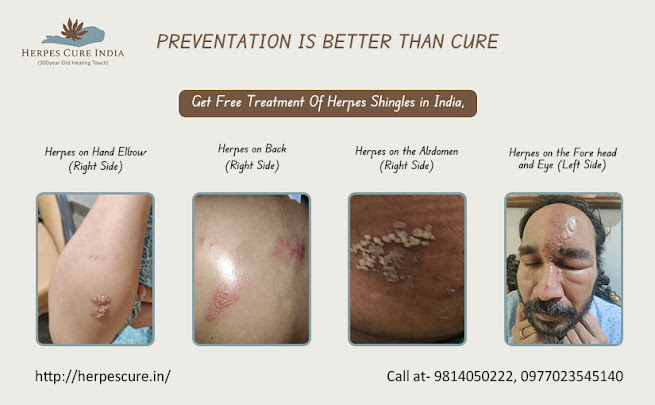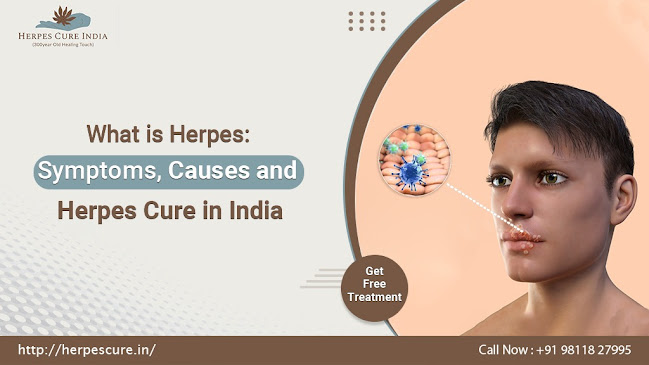WHAT IS HERPES SHINGLES AND WHAT ARE ITS SYMPTOMS?
What is
Herpes Shingles?
Herpes zoster, sometimes
known as herpes shingles, is a common viral infection of the nerves that
creates a painful patch of blisters on a strip of skin anywhere on the body.
The anguish may last for months after the rash has subsided. The virus is identical
to that which causes chickenpox. The virus stays latent in the body for the
duration of a person’s life and may reactivate years or even decades later to
trigger shingles. Approximately 90% of Indian Subcontinent residents have had
chickenpox, making them vulnerable to shingles. As the risk of developing
zoster increases with age, immunization against zoster is recommended for all
healthy individuals aged 50 and older. Vaccination against zoster is also
recommended for those 19 and older with compromised immune systems due to
illness or treatment. Shingles in children are rare, although it is possible.
Who is
susceptible to acquiring herpes shingles?
Those who
have had chickenpox are more likely to get herpes shingles.
Due to an impaired immune system (such as people with cancer, HIV, organ transplant recipients, or those receiving chemotherapy).
- Around fifty years of age.
- Who had been ill
- Who might have experienced trauma.
- Who is stressed and worried?
The chickenpox virus does
not leave the body after it has been contracted. The virus stays instead in the
dorsal root ganglion of your spinal nerve root. The great majority of humans
remain oblivious to the virus’s existence. It is not always clear why the virus
starts to act up again, but it usually happens when there is a lot of stress.
Symptoms
of Herpes Shingles
As the name suggests,
shingles are marked by a red, itchy rash. Shingles usually only affect one side
of the body or face at a time. Even if you don’t see any signs of the rash yet,
you may be bothered by itching, burning, or tingling in the areas where it will
appear.
The infection’s effects on
the nervous system may last for months or even years. It’s more common to have
long-term nerve pain as you get older. There have been reports of blazing,
throbbing, aching, or stinging nerve pain.
Shingles may potentially
cause conjunctivitis in the eyes.
One of the earliest symptoms of Herpes is:
- Fever
- Chill bumps
- Worn out
- Sensitivity towards light
- Uncomfortable feelings in my stomach prompted me to seek medical
attention.
- A few days after the onset of the initial symptoms, there are further ailments, such as:
- The skin might itch or feel like burning in one
area alone.
- The afflicted area of the skin will be discolored.
- The skin might have a little, elevated rash.
- Fluid-filled sores that eventually scab over.
- Skin irritation ranges from mild to severe.
Prevention
is better than Cure: Go for Vaccination
A safe
and effective vaccination is sufficient to stop shingles. Getting vaccinated is
the best way to reduce the chance of developing shingles or of enduring
long-lasting pain if one gets shingles. Vaccination against zoster is
recommended for all healthy adults aged 50 and older, as well as individuals
aged 19 and older with compromised immunity owing to disease or treatment. Even
if one had chickenpox before, the illness might resurface. Those who have
had chickenpox are still eligible for a vaccine to avoid potential outbreaks.
There is no fixed time restriction for receiving the chickenpox vaccination
after having chickenpox, but you should often wait until the herpes outbreak has subsided before
receiving the vaccine. The timing of vaccines should be discussed with a
healthcare practitioner.
Original Source From- http://herpescure.in/what-is-herpes-shingles-and-what-are-its-symptoms/




Comments
Post a Comment